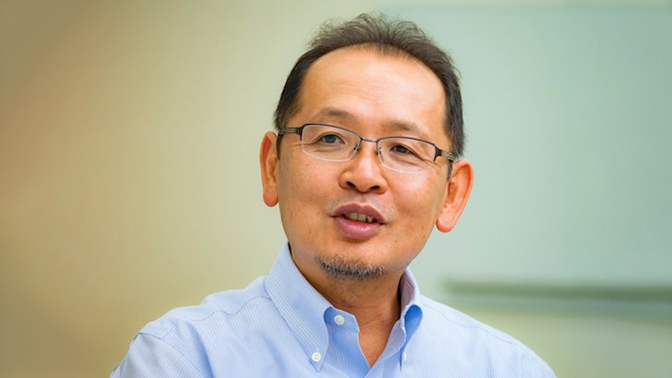wisdom Blogブログ

(English version : click here)
荻野淳也からの登壇者のご紹介、第2回目は日本の幸福学研究の第一人者でもある前野 隆司先生。
慶應義塾大学大学院システムデザイン・マネジメント研究科の教授であり、ウェルビーングの分野での出版や講演を多数行なっています。
元々は機械工学を専攻、キャノン株式会社でエンジニアとしてのバックグラウンドをお持ちで、モノづくりの最前線から人の心の研究へとキャリアを大きく転換し、日本でもいち早く「幸福学」という新たな学問領域を切り開いた方です。
前野 隆司先生は大学での研究だけではなく実践的な活動もされており、地方の活性化のプロジェクトにも多数参加され、企業の経営者の生の声を聞きつつ幸福について話されています。
日本における幸福学の課題や可能性を追求し、どのようにしたら日本の社会に幸福学が認知され実践されていくのか、幸福学に基づいた教育が浸透していくのかなどを前野先生には伝えていただきたいと思っております。
私たちは「なぜ生きるか」「なぜ働くのか」ということを考えていくと、自分や自分の大切な人が幸せになっていくためだと思うんですよね。
幸福学の研究に基づいた初等教育とかウェルビーイングなども注目を集めていますが、今後は幸福学に基づいた企業の人材育成は必須になるのではないでしょうか。
Wisdom2.0をきっかけに、これからの「幸福学」の追求と実践が日本で拡大していくことに期待しています。
Speaker Profile: Mr. Takashi Maeno
Junya Ogino is back again to introduce our speakers!
Our second speaker on the list is Professor Takashi Maeno, a leading figure in the study of happiness in Japan.
He is a professor at the Graduate School of System Design and Management, Keio University and has published and lectured extensively on the field of human well-being.
Professor Maeno’s background was originally in mechanical engineering and has worked as an engineer at Canon Inc.
His career shifted drastically from the forefront of manufacturing to the research and study of our human mind and he became one of the pioneers and earliest academic researchers in this field.
Prof. Takashi Maeno is active not only in academic research but also deeply involved in grassroots projects and the sharing of his knowledge of happiness with the corporate world. He wishes to explore the potential of his research in Japan, such as how it can be applied, recognized and being practiced in the public sphere as well as in education.
When we think of questions such as “why we exist?” or “why do we have to work?”, I think most people would agree that it is to make ourselves and our loved ones happy.
Today we see an increasing interest in happiness or wellbeing being applied to the field of education, but in the future, I believe that the same principles of finding common ground in happiness must also be applied to companies and talent development.
In regard to this field, we are excited to present to you a discussion on the topic of happiness and human wellbeing between Professor Maeno and one of the leading positive psychologists of our time, Dr. Barbara Frederikson.
Through this dialogue, perhaps we can have a glance at how “happiness studies” will unfold in the future of Japan, and we hope that Wisdom 2.0 will act as a powerful trigger in spreading their aspirations, practice, and wisdom!
- HOME>
- wisdom Blog>
- 【前野 隆司氏】Wisdom2.0をきっかけに「幸福学」の追求と実践が日本で拡大していくことに期待しています。


















